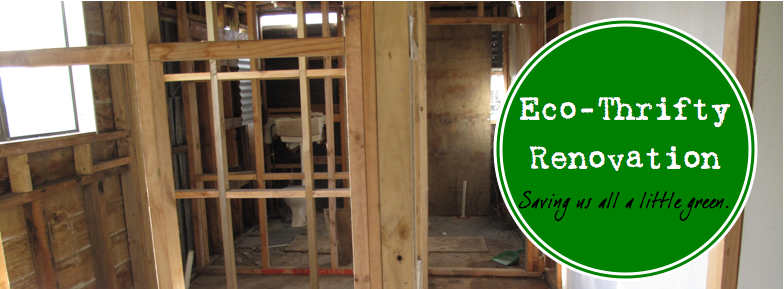It is encouraging to see the number of people engaging in
meaningful dialogue about important local issues through the Letters page of
the Chronicle. Sadly, too often these letters include references to failed
attempts to work with Wanganui District Council on strategies that work with
nature instead of against it.
For some reason, our Council appears stuck in the past on
many issues of infrastructure and economic development. From most accounts, the
1950s were a great time to be alive, but in many cases ‘50s thinking no longer
applies.
All of this makes it particularly significant that WDC Chief
Water Engineer, Kritzo Venter, has been active and vocal about promoting
progressive water management strategies that ‘mimic’ those that nature itself
has developed over millions of years. (That is some investment in R&D,
ain’t it?!?)
Small swale and rain garden.
One of those water management strategies – swales – has been
in use for decades in some places around the world. A swale is a long, narrow
earthwork that runs perpendicular to slope. They slow the flow of surface
runoff and facilitate infiltration into the ground. They are perfectly level,
unlike ditches, which are sloped to drain water away like a river. Water in a
swale soaks into the ground instead of running over it. A carefully constructed
swale includes a level-sill spillway that gently allows it to be overtopped in
a controlled manner in the event of extreme rain.
The use of swales is the type of win-win-win situation I
write about in this column because it: 1) reduces stream and river levels
during flood events; 2) increases groundwater reserves that can be called upon
during periods of drought; and, 3) significantly reduces the overall cost of
infrastructure. Eco-thrifty at its best.
For example, two years ago I was asked to consult on a
proposed residential development in Kaiwhaiki that had significant drainage
problems. I was told the 10-year-old quote to ‘solve’ the problem the ‘old way’
using pipes and culverts was for half a million dollars. After picking my jaw
up off the floor, I told them that good eco-design, which would include cluster
housing and the use of swales, would significantly slash that price. WDC Chief
Planner, Jonathan Barrett, appeared supportive of those ideas during one meeting
held at Council.
The other strategy promoted by Kritzo – and praised by
Chronicle assistant editor, Anna Wallis – is the use of rain gardens. A common use
of rain gardens is to absorb and filter runoff from new parking lots or other
such impermeable surfaces. In this way, rain gardens function like wetlands:
sponging up excess water and cleaning it through natural processes.
A series of mini-swales and vege gardens make up this garden.
I first learned about rain gardens in 2005 while taking a
certificate programme in the States on Organic Land Care. Shortly thereafter I
advised a school to install rain gardens in a number of locations where they
had persistent drainage problems. This was particularly meaningful in the
context of the school because it became a relevant learning experience for
students.
In 2009, while living in Raglan, I built a small management
system to control an excess of runoff coming from the roof of a newly built
outdoor kitchen at a campground. The system consisted of a swale, a level-sill
spillway, and a rain garden. We planted the swale with feijoa trees and the
rain garden with plants that tolerate periods of wet and dry.
Swales and vege gardens soak up water and keep it from flooding this lawn.
While in Raglan, I also used swales as a metaphor for
eco-design during a Pecha Kucha night, where artists and designers share their
work through 20 slides with narration of 20 seconds per slide. That
presentation, “Thinking Like a Swale,” became the inspiration for a programme I
offered at the Josephite Retreat Centre earlier this year to acknowledge the UN
year of water. Hopefully, when River Week 2014 comes around next year, I’ll get
a chance to present it again to compliment and support the education efforts
Kritzo has already made in the community.
Us ‘swale-thinkers’ gotta stick together. It’s a watershed
out there.




No comments:
Post a Comment